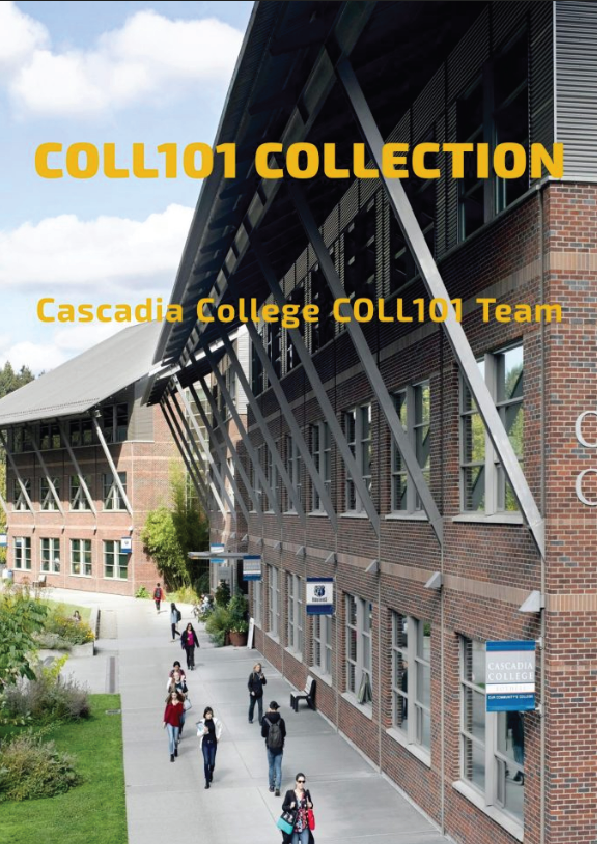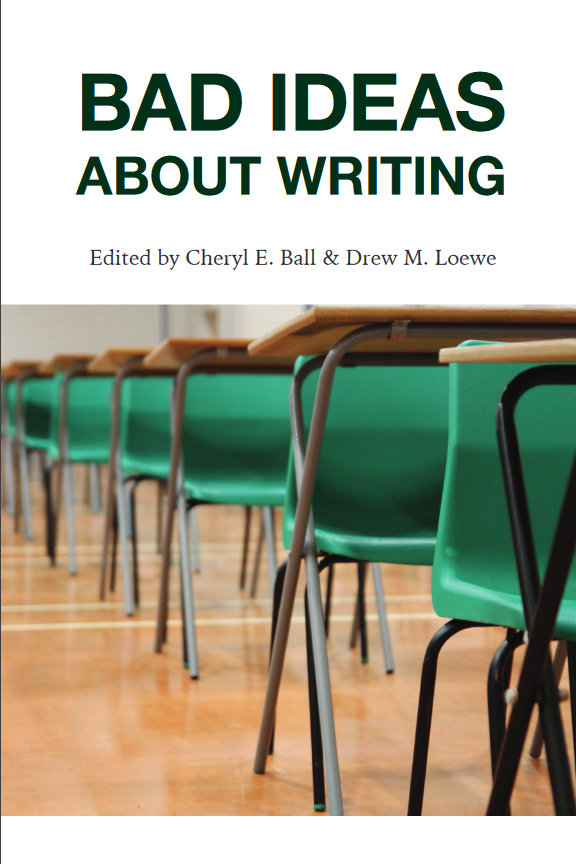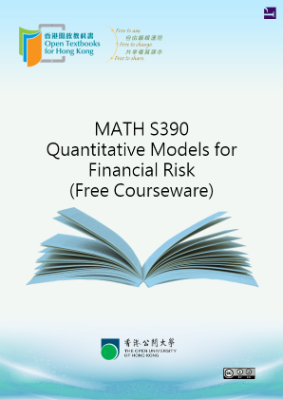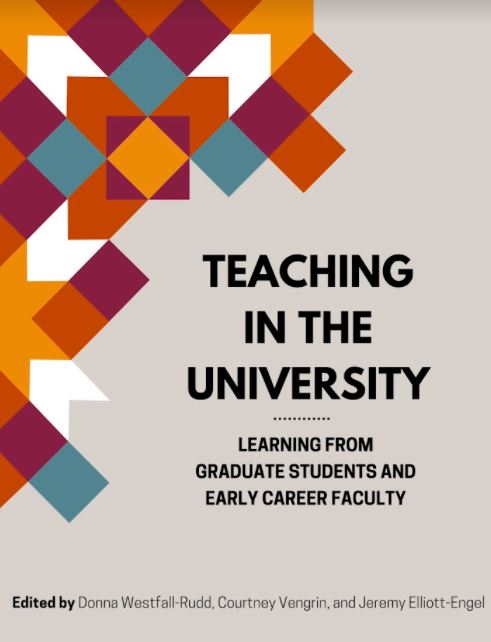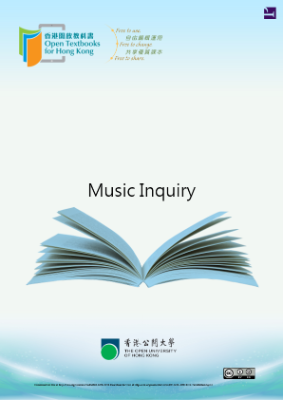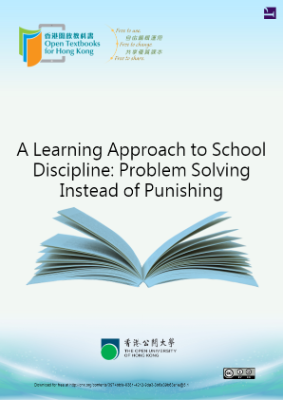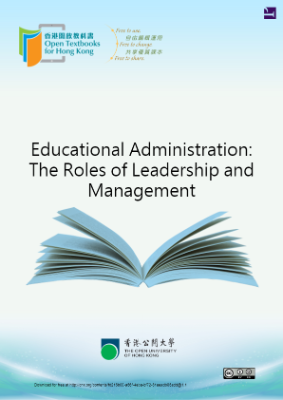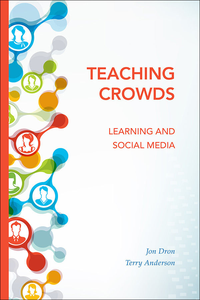In pursuing a college education, you have exercised a clear choice about your future. This is a courageous act! Up until college, your education was a “received” education, one that was required and heavily influenced by your parents/guardians, teachers, and other adults. (Rich 1979 eloquently makes the distinction between receiving and claiming an education). You might have made some choices about which high school classes you took and the activities you pursued, but by and large, your education in the U.S. K-12 system was a received one, and it was managed for you. (If you come from outside the U.S. you also likely received a compulsory educational system, even if it looks a little different from the U.S. system.) Once you have made the decision to pursue higher education though, you are in charge of managing this choice– this new education in this new environment–and deciding how you will claim it.
What’s tricky is that some aspects of college are not expressly taught in your classes. In effect, you have joined a new social institution that has its own roles and rules. Many of these roles and rules are subtle or require intentional effort on your part to understand. While you are doing this you are also being challenged by new expectations, ideas, perspectives, and you are effectively in a sea of adults (or near-adults) of different ages with different lived experiences and outlooks. Some of them are also newly navigating the college environment themselves, while others have been around for a while, and still others are employees in that environment, faculty and staff. It can all feel a bit risky, yet to make the most of your college education and to get a sense of belonging, it’s largely up to you to figure out the roles and rules. To that end, this article offers insights to some of the hidden aspects of college, and a few suggestions, to help you claim and navigate this college education of yours, safely and courageously.
As suggested above, colleges are social institutions with their own roles and rules, rather like a bubble. Finding your place in that bubble is on you, as is navigating that bubble so that you are both safe and challenged.
In regards to safety, college students have protections that guarantee certain aspects of their educations and they also have responsibilities to understand these themselves. For example, campus, or you may prefer to study on campus. It is up to you to recognize safety features and emergency plans, such as those listed in classrooms and hallways. Consider taking a look at posted maps and emergency instructions when you first enter a building or classroom.
Similarly, your college has equipment and policies related to pandemic control, health emergencies, and other health-related situations. You may be expected to give health attestations in order to access campus, if mandated by law, and you may be asked to abide with health conduct rules. Be sure you understand these.
It is also in your interest to locate and identify the health emergency resources on campus that are available to all, and those that specifically apply to students.
